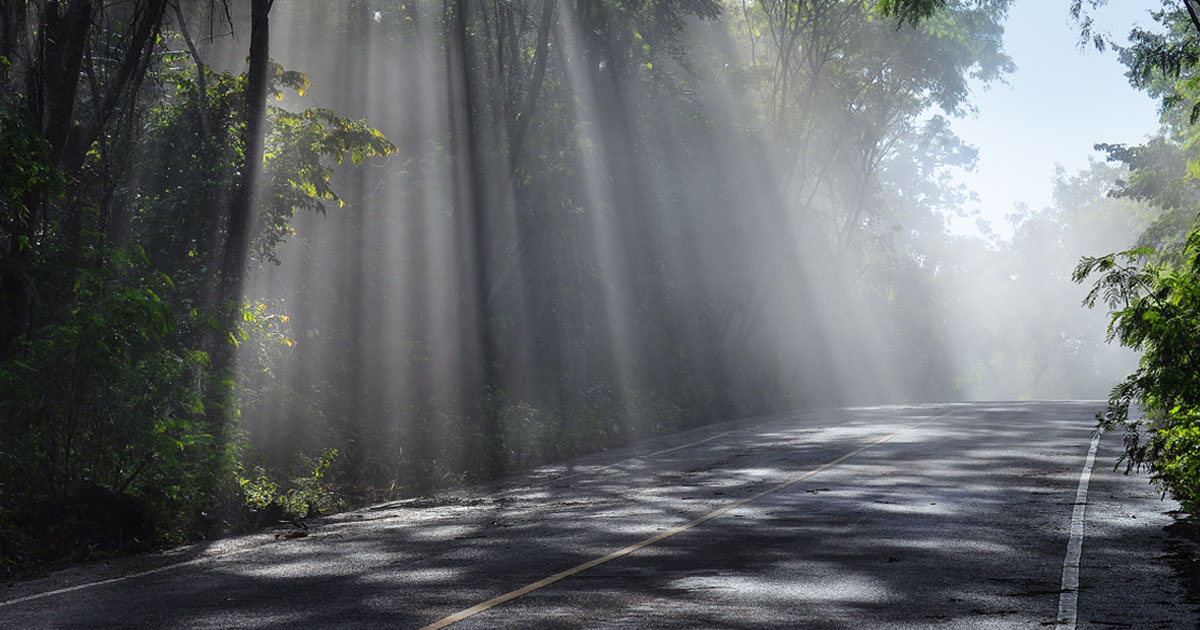mbrooke
Batteries Included
- Location
- United States
- Occupation
- Technician
I take it Wikipedia is wrong? (Yet again)
 en.wikipedia.org
en.wikipedia.org
Which contradicts this source:

 www.aquaread.com
www.aquaread.com
I can't see tap water being 2-200 ohms per meter especially considering electrode boilers...
Water resistance - Wikipedia
 en.wikipedia.org
en.wikipedia.org
The electrical resistivity of water (0.2 Ω·m sea water, 2 to 200 Ω·m drinking water, 180000 Ω·m deionized water at 20°C)
Which contradicts this source:

Water Resistivity Sensor - AquaRead
Looking for a sensor to test the Resistivity of water? Discover our Water Resistivity Sensor & why measuring the resistivity of water is important.
I can't see tap water being 2-200 ohms per meter especially considering electrode boilers...

